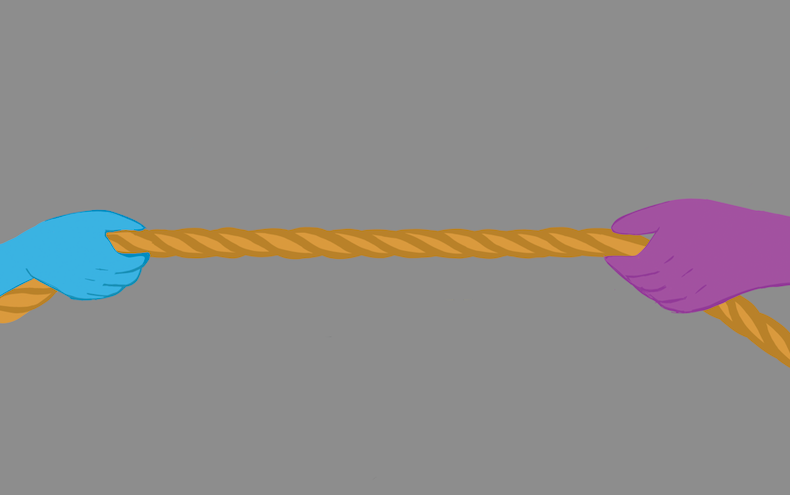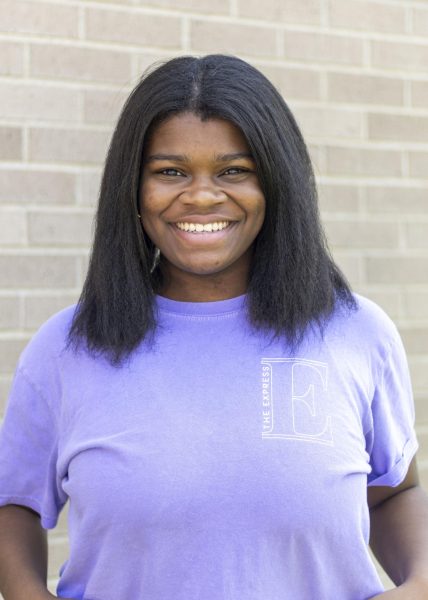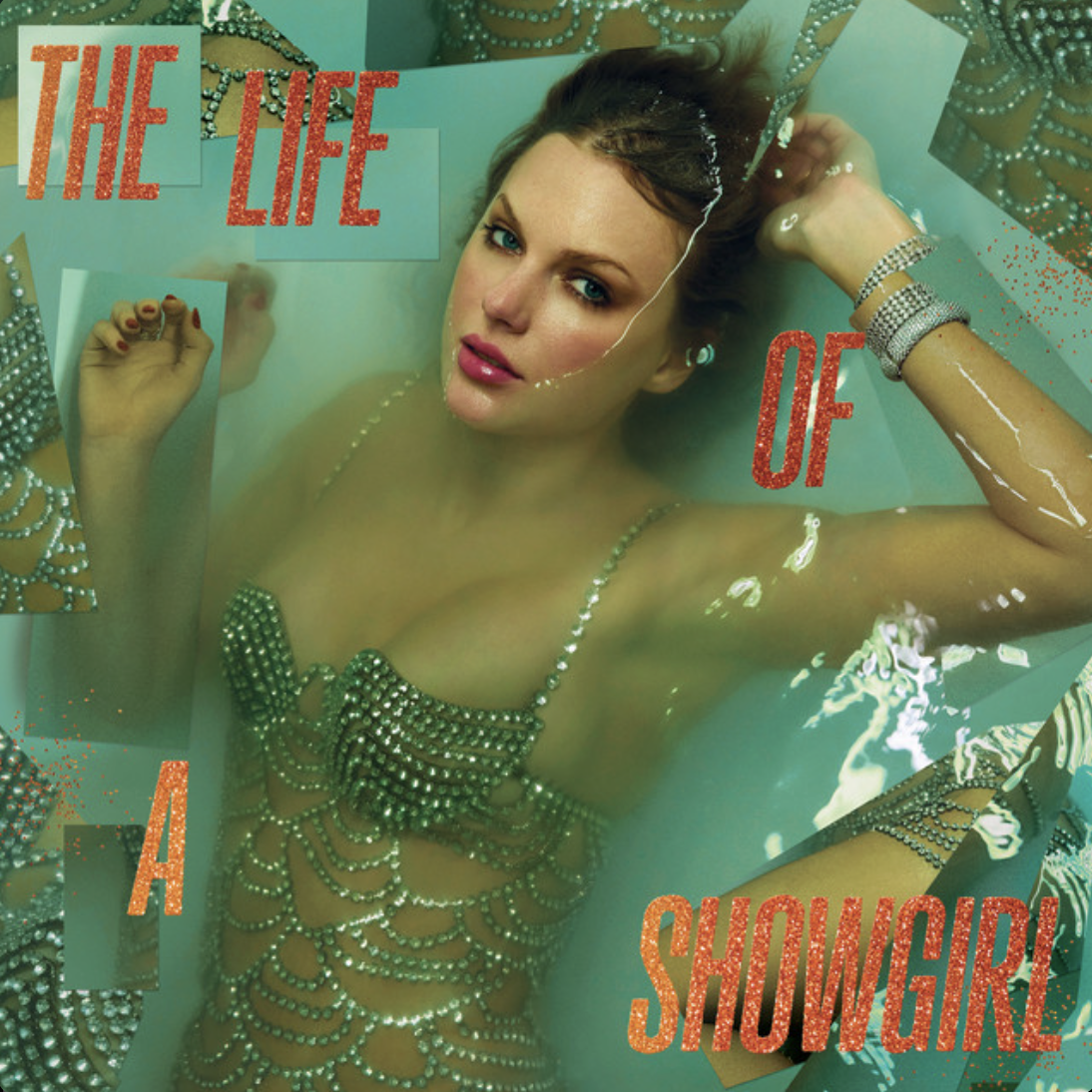Why are we fighting each other?
Digital illustration depicting two marginalized groups playing tug-of-war.
December 19, 2022
The Oppression Olympics are an event in which no one should ever be winning the gold, silver or bronze. The Oppression Olympics, a term first coined in 1993 by Elizabeth Martinez, is a useless charade pitting marginalized groups against each other to decide which group has it worse despite the fact these groups’ struggles should not be set side by side.
So this is a message for anyone who is a part of marginalized racial groups: no part of any marginalized group’s history is comparable to another. Some parts of history are terrible and disgusting. There is no reason to pit marginalized racial groups against each other because no one wins and everyone ends up getting hurt.
A common example I see is usually on social media with the Black Lives Matter (BLM) movement. Someone will comment or use the hashtag BLM to spread more awareness about the movement. Instead of standing with Black people, other races and marginalized groups will attack the writer and misconstrue the meaning of BLM. The marginalized racial groups will see the movement as something that is made to only benefit Black people, instead of seeing it for what it really is — a movement made to bring awareness to the Jim Crow like segregation that still exists today in America.
Members of the Asian American community felt like the public focus was purely on the BLM movement in 2020, despite the fact that they were facing an increase in anti-Asian hate crimes.
The BLM movement is not designed to invalidate the discrimination that other racial minorities face. We, as the oppressed, fight the oppressors every day. We do not need to be fighting each other over who is the most oppressed.
The Oppression Olympics can be dangerous because it can allow groups and platforms on social media to spread counterproductive information to try to win the title of ‘Most Oppressed.’
When we continue bullying other marginalized groups out of their rightful feelings to past or present historical events, we further these games. Instead of harping on others for having to deal with the harsh aspects of their life, marginalized groups need to choose to listen and take into consideration everything that other marginalized groups have gone through as well to keep it from happening again in the future.
There is no reason to make more enemies when you already have enough to deal with. There is no reason to diminish another’s voice. Oppression wins when different groups act to tear each other down and create an environment where they are the only ones allowed to speak out about their struggles. To combat this, marginalized groups have to set aside personal opinions on “who has it worst” in the oppression category, and, instead, listen to the reasoning of why other groups have experienced this trauma.
The world is already divided between the oppressor and the oppressed. We, as a community, need to practice empathy and remember that we all face discrimination.
The way to backtrack from this and fix the wrongs that have been made can easily be done, as long as the marginalized on social media and in person are raising each other up instead of tearing each other down.
We as marginalized groups cannot expect those who have oppressed us to turn around and fix the problems they created. This is unfair, but so is the life we lead.
If we want change we can not expect to get it done if we are adding to the oppression by taking part in oppressing other marginalized racial groups. As civil rights leader Fannie Lou Hamer put it, “Nobody’s free until everybody’s free.”
The torch of the Oppression Olympics has been burning for long enough. It is past time for our nation, which is full of the marginalized, to extinguish it.







